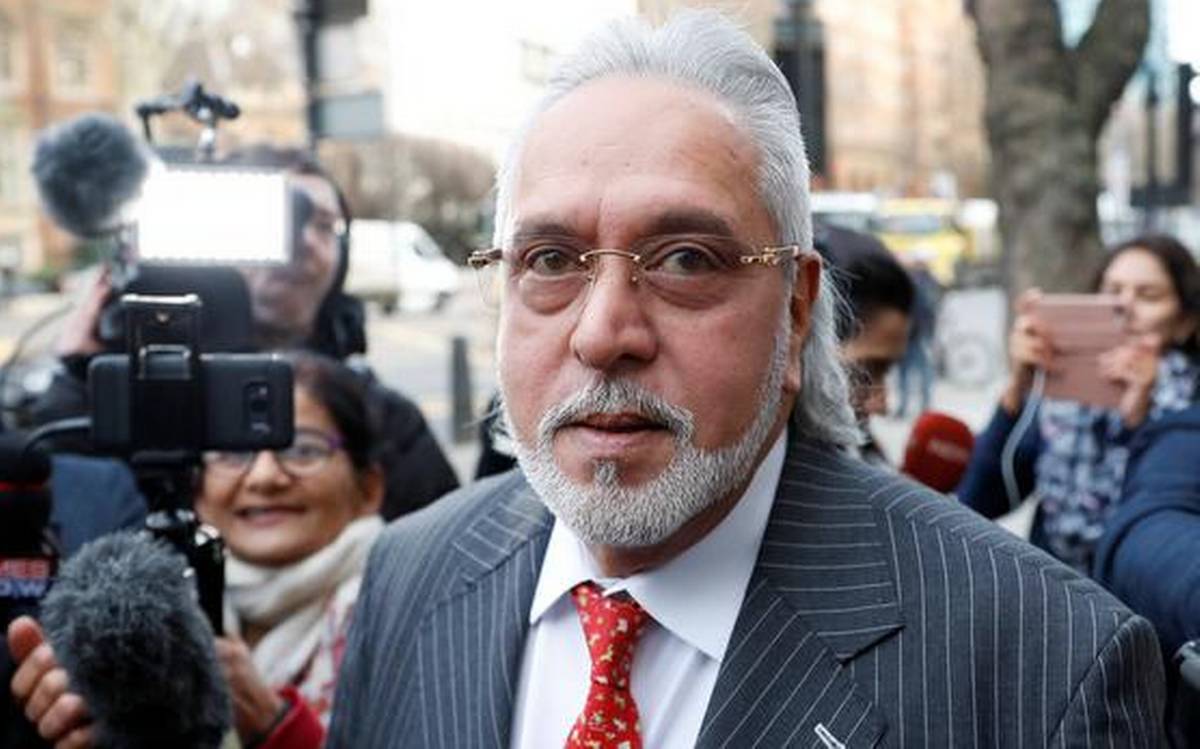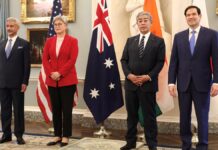LONDON: Liquor baron Vijay Mallya arrived at the Royal Courts of Justice in London on Tuesday for his appeal against being extradited to India to face fraud and money laundering charges amounting to Rs 9,000 crores.
The 64-year-old former Kingfisher Airlines boss, who remains on bail since his arrest on an extradition warrant in April 2017, avoided the usual scrum of reporters at the court entrance and went in with his lawyers separately.
The High Court judges will begin hearing arguments against a magistrates’ court extradition order, signed off by former UK Home Secretary Sajid Javid in February last year.
Mallya had received permission to appeal on one ground, which challenges the Indian government’s prima facie case against him of fraudulent intentions in acquiring bank loans for his now-defunct Kingfisher Airlines.
The hearing is scheduled for three days until Thursday, with a verdict unlikely right away but it would depend on how the hearing progresses.
In July last year, a two-member High Court bench comprising Justices George Leggatt and Andrew Popplewell ruled that “arguments can be reasonably made on some aspects of the prima facie case ruling by Chief Magistrate Emma Arbuthnot in her extradition order of December 2018.
“By far the most substantial ground is that the senior District Judge (Arbuthnot) was wrong to conclude that the government had established a prima facie case,” said Judge Leggatt.
Mallya’s counsel Clare Montgomery had questioned the basis on which Judge Arbuthnot had arrived at certain conclusions and claimed the Chief Magistrate had been “plain wrong” in accepting some of the Indian authorities’ assertions that Mallya had fraudulent intentions when he sought some of the loans for his now-defunct Kingfisher Airlines, that he made misrepresentations to the banks to seek the loans and had no intentions to pay them back.
The High Court judges had accepted Judge Arbuthnot’s conclusions on all other aspects of the extradition case as they dismissed the other grounds on which permission to appeal was sought, including so-called “extraneous circumstances” of Mallya being pursued by the Indian authorities for political reasons of a clash between the ruling BJP and Opposition Congress party.
Some of the other grounds invoked claimed Mallya would not receive a fair trial in India, which was also dismissed as the judges upheld Arbuthnot’s ruling on the matter that the wide media interest in the Mallya case would ensure justice.
His legal team also sought to challenge the Indian government’s assurances that Mallya would be held in safe prison conditions at Barrack 12 in Arthur Road Jail in Mumbai, which was dismissed by the High Court.
At the end of a year-long extradition trial at Westminster Magistrates’ Court in London in December 2018, Judge Arbuthnot had found clear evidence of dispersal and misapplication of the loan funds and accepted a prima facie case of fraud and a conspiracy to launder money against Mallya, as presented by the CPS on behalf of the Indian government.
Mallya remains on bail involving a bail bond worth 650,000 pounds and other restrictions on his travel while he contests that ruling. PTI







